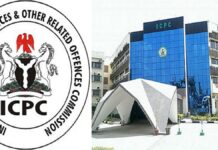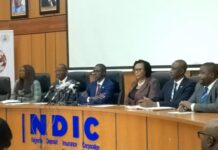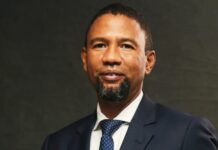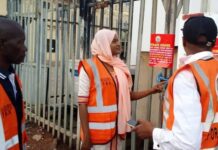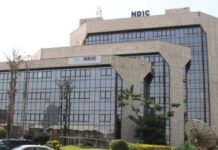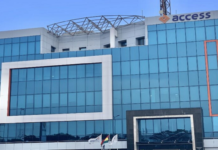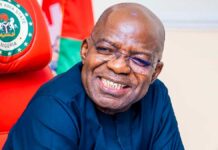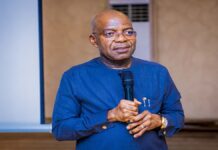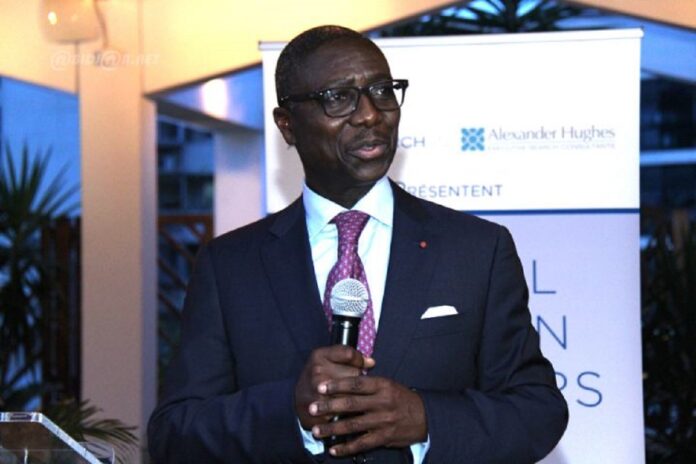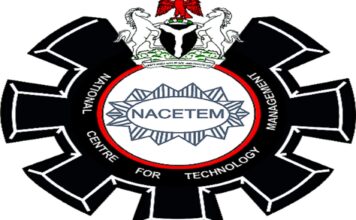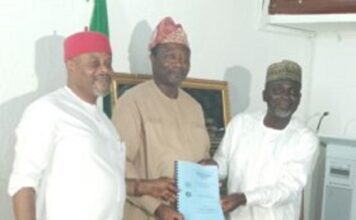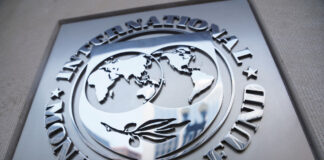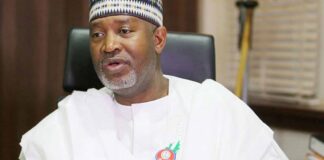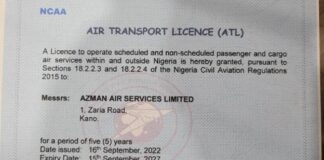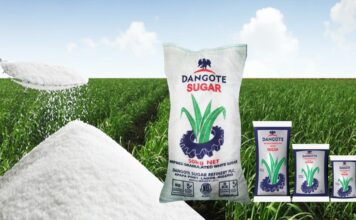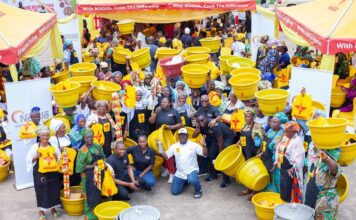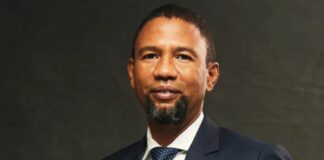AfCFTA Can Break Africa’s Legacy of Exporting Raw Materials, Importing Finished Goods
Jean-Louis Ekra, Deputy Chairperson, Intra-African Trade Fair (IATF2023) Advisory Council, says the African Continental Free Trade Area (AfCFTA) can break Africa’s colonial legacy of exporting raw materials and importing finished goods.
Ekra, former President of the African Export-Import Bank (Afreximbank), said this at the Trade and Investment Conference of IATF2023 on Sunday in Cairo, Egypt.
Ekra, in his opening statement, pointed out the unsustainability of African economies relying on natural resources and commodities.
He said that Africa’s dependence on these resources made the continent vulnerable to adverse trade shocks, liquidity constraints and macroeconomic management challenges.
Ekra said that the situation needed to be addressed urgently, especially as it had worsened the effects of the COVID-19 pandemic, geopolitical tensions and climate change.
“AfCFTA cannot fail, especially given that intra-African trade is estimated at 16 per cent, which is a level of trade that compares unfavourably with other regions.”
He said that the low level of intra-African trade was explained by constraints such as limited trade and infrastructure, including payments and settlement systems
“Other constraints are lack of access to relevant market information, limited business knowledge, sustained investment opportunities and limited platforms to connect buyers and sellers.”
Ekra urged African countries to recognise that the AfCFTA was the missing link the continent needed and that it presented many trade and investment opportunities in manufacturing, export development, SME promotion and trade in services.
Also speaking, Ali Basha, Minister Plenipotentiary from Egypt, welcomed guests to the conference, saying that the panels hosted as part of the conference should not be missed.
Basha urged all African nations to “work hand-in-hand to address the challenges of trade integration.”
In subsequent panel discussions, attendees heard contributions on topics including energy transition and industrialization in Africa, transforming the manufacturing sector and promoting diversification of African trade.
During a panel on energy transition and industrialization in Africa, Dr Ainojie Irune, Chief Operating Officer of Oando Energy Resources, emphasized the need for African leaders to be more impatient about developing the continent.
Irene said that energy was crucial to Africa’s development and that the transition should benefit Africa, where 40 per cent of the population lives without electricity.
Ms Helen Brume, Afreximbank’s Director of Projects and Asset Based Finance, said that any discussion about transitioning to cleaner energy sources must consider that 600 million Africans still lacked access to electricity.
“We must also consider that 900 million Africans do not have access to clean energy sources for cooking in our discussions, “she said.
During a panel on transforming Africa’s manufacturing sector, panelists deliberated on the importance of establishing connectivity in Africa’s supply chains.
They agreed that such a transformation would significantly improve the lives of Africa’s 1.5 billion inhabitants.
The panelists which included Olukayode Pitan, former CEO and Managing Director of Bank of Industry, and Gagan Gupta, Founder and CEO of ARISE Integrated Industrial Platform
Others were Manuel Mota, Deputy CEO of Mota-Engil, and Brian Deaver, CEO of the African Medical Center of Excellence.
According to them, since the key to a thriving manufacturing sector was dependent on African talent, investing in their education and training was crucial.
A highlight of the day was the inauguration of the Impact Evaluation Report of the 19 billion dollar Dangote Refinery and Petrochemical Complex in Nigeria.
The report was inaugurated by Prof. Benedict Oramah, President and Chairman of the Board of Directors of Afreximbank.
Emeka Uzoigwe, Acting Director of Strategy and Innovation at Afreximbank, emphasised the importance of the project’s insights for other African businesses.
Uzoigwe said it had the potential to transform not only Nigeria but the entire West Africa.
The Trade and Investment Conference is a component of IATF2023, Africa’s largest trade and investment fair, aimed to optimise access to Africa’s connected markets through the AfCFTA.
The trade fair is expected to attract over 1,600 exhibitors and 35,000 visitors, with trade and investment deals worth 43 billion dollars projected to be concluded during the event.



